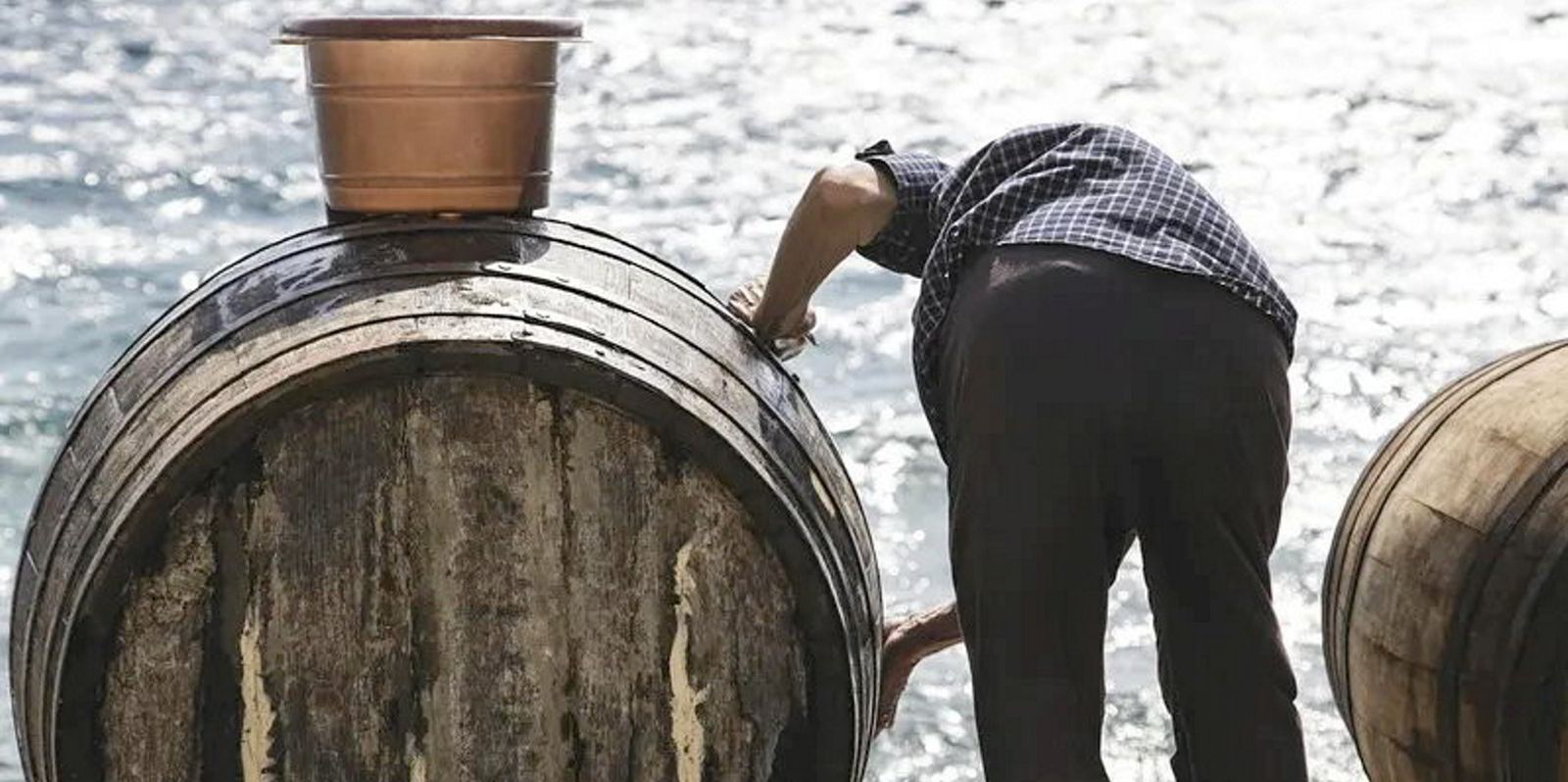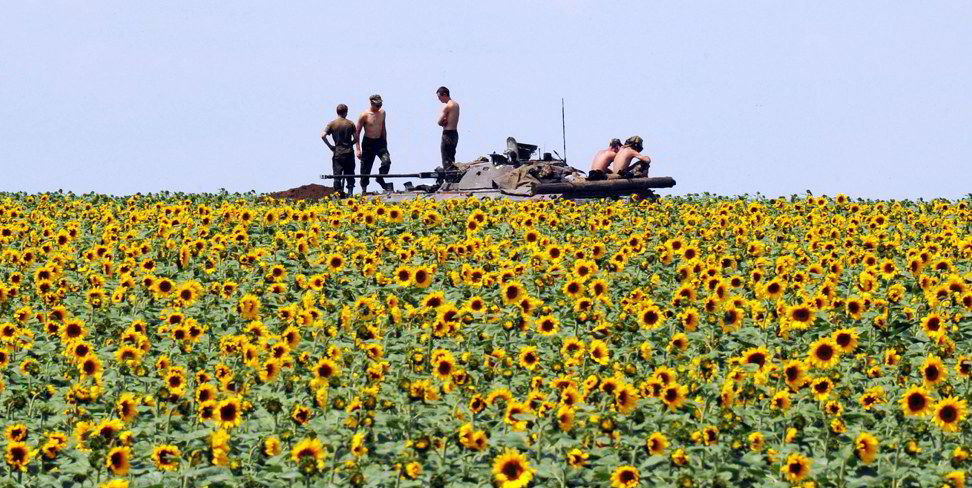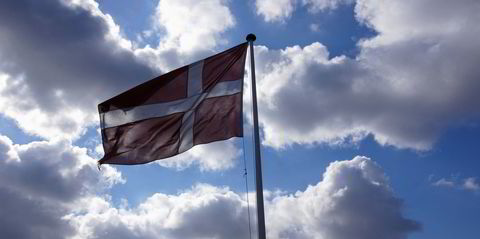A small chemical tanker from the fleet of Dubai-based Lila Global recently embarked on a very unusual voyage.
The 7,000-dwt stainless steel tanker Mera 7 (built 1998) departed the South African port of Cape Town with its 12 tanks full of the country’s most popular liquid export —wine.
The ship is currently heading to a European port.
According to local online news site Africa Ports, the last time a tanker - the aptly named 6,300-dwt Wine Trader (built 1989) loaded a cargo of bulk wine at the Port of Cape Town’s fruit terminal was eight years ago.
Bulk wine shipments are very common. South Africa, for example, exports more wine in bulk than it does in bottles. In fact, about 65% of the country’s exported wine by volume, approximately 420m to 450m litres annually, is shipped in bulk.
Even though there are a handful of dedicated wine tankers operating in European waters, the vast majority of non-bottled wine is shipped on container vessels, either in ISOtank containers or flexitanks - food-grade bladders that fit into a standard 20ft or 40ft containers.
Globally the volume of wine shipped in bulk has been growing. This wine, admittedly lower quality stuff that is sold in supermarkets or as restaurant table wine, originates primarily from “new world” producing regions such as South Africa, Australia and Chile.
The UK, US and China are the main destinations.
The low cost of this wine makes shipping it in bulk and bottling it at the destination more cost-effective than shipping it in bottles.
However, the low margins earned by the producers and exporters of this cheaper wine has been badly hit by the sky-high freight rates that container lines have been charging over the past two years.
With a glut of wine flooding the global markets since the onset of the Covid-19 pandemic, it is difficult for them to pass the increased shipping costs on to buyers and consumers.
TradeWinds has already reported how the stainless-steel chemical tanker segment has been riding the coattails of the box boom as chemical shippers have shunned ISOtank shipments due to their high freight costs and the difficulty of securing slots on container ships.
Provided tanks have been thoroughly cleaned, there is no reason why bulk wine cannot be shipped in a stainless-steel chemical tanker.
Tanker brokers familiar with the Mera 7’s vineyard voyage described it as an opportunistic trial run.
The ship had delivered a cargo of vegetable oil from Romania to Cape Town and, because South Africa is not an exporter of refined petroleum products and chemicals, would probably have had to ballast back to Europe.
If successful, and if container freight rates continue to remain high, there is a chance that more chemical tankers may be seen in the future loading viticulture varietals in “new world” countries that are keen to get their products out to distant consumers of decent quality plonk.






